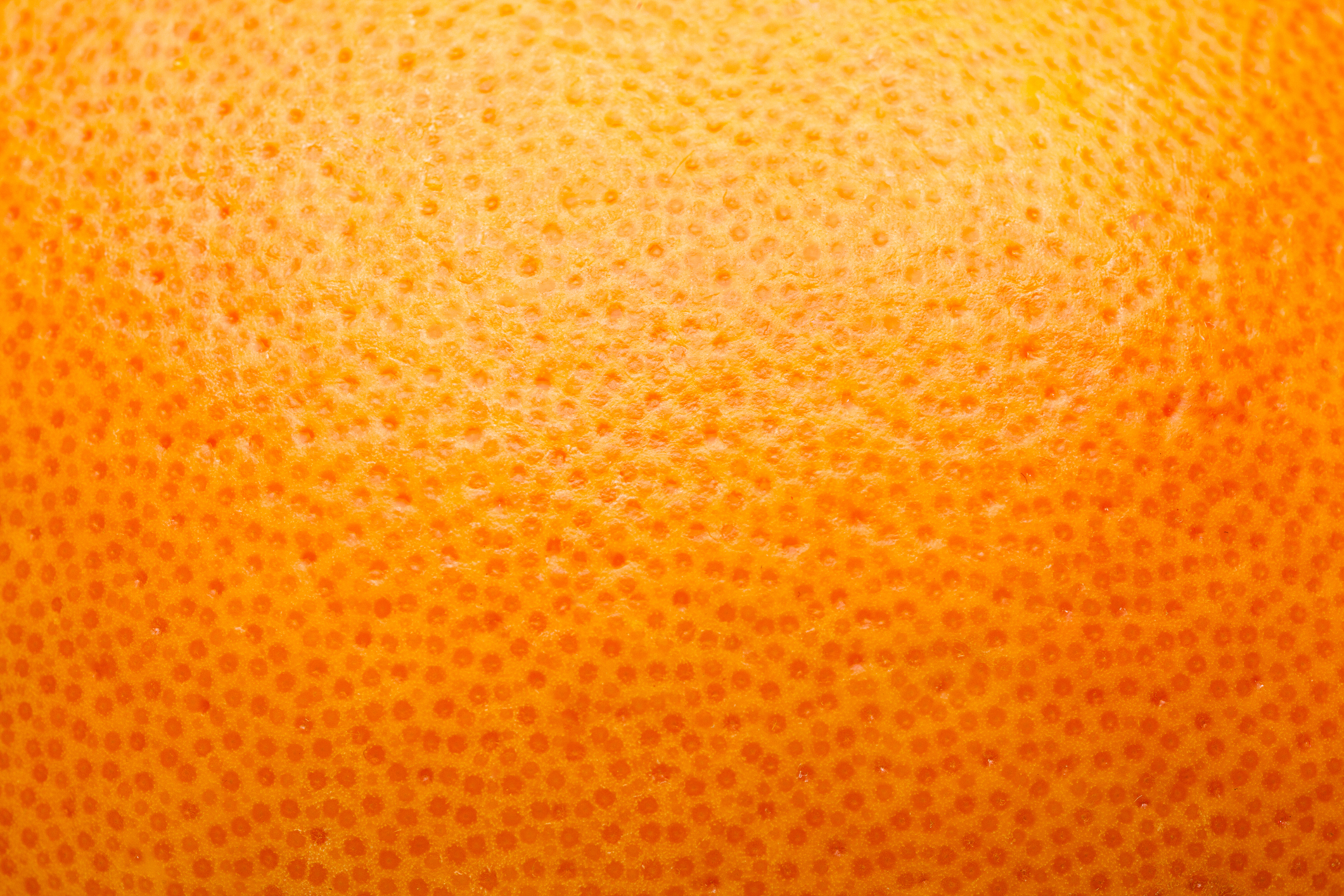

Next time you eat an orange, think about this:
Nearly 95 percent of Florida oranges are used for juice, and about half the peels from those oranges go to waste.
Imagine if instead they could be used to save lives.
As we speak, scientists are looking at how this wasted resource could help save people from the #1 killer in the United States.
Can orange peel extract prevent heart disease?
Recent research has shown that our digestive process may be putting us at greater risk for heart disease.
You see, there’s a small group of gut bacteria that produce the chemical trimethylamine N-oxide (TMAO) when they feed on certain nutrients during digestion.
And it’s been found that people with higher levels of TMAO in their blood may have more than twice the risk of heart attack, stroke, or other serious cardiovascular problems.
But the answer to reducing that risk may lie in all that wasted orange peel…
Researchers at the Cleveland Clinic investigated the impact of orange peel extract, which is rich in phytochemical antioxidants, on TMAO production.
To do this, scientists tested two types of extracts: a polar fraction and a non-polar fraction.
“If you imagine your salad dressing, anything in the water or vinegar part are the polar fraction; anything in the oil away from water is the non-polar fraction,” explains Yu Wang, associate professor of food science at the University of Florida’s Institute of Food and Agricultural Sciences.
“The solvents we used were not exactly like water and oil, but they possess similar polarity,” Wang says.
Researchers identified a compound called feruloyl putrescine in the orange peel polar fraction extract that significantly inhibits the enzyme responsible for TMAO production.
Heart disease prevention is key
I’m not suggesting you should go out there and start eating orange peels. But the research team is hopeful that it may soon be used to fight heart disease. Adding a little orange zest to your favorite recipes isn’t such a bad idea though.
“These findings suggest that orange peels, often discarded as waste in the citrus industry, can be repurposed into valuable health-promoting ingredients, such as diet supplements or food ingredients,” says Professor Wang.
“Our research paves the way for developing functional foods enriched with these bioactive compounds, providing new therapeutic strategies for heart health.”
In the meantime, take advantage of tips we already know that can reduce your risk of heart disease:
- Eat fish twice a week. Regularly eating fatty fish can help prevent cardiovascular disease (CVD) even in individuals who are at higher risk due to heart disease or stroke.
- Exercise. Regular exercise lowers the risk of developing heart problems over about six years, even with the presence of a family history.
- Chelation therapy. Toxic metals, including heavy metals, negatively impact human health. And lead is among the most notorious affecting heart health. EDTA chelation is a safe option.
- Eat beets. After menopause, women no longer produce estrogen, which helps maintain nitric oxide (NO) in the body. This loss of NO contributes to the substantial increase in heart disease risk for postmenopausal women. Men can also benefit from NO, as it is a natural vasodilator produced in the body with the help of dietary nitrates, like those found in beets.
- Support healthy blood pressure. Pterostilbene, an antioxidant found in berries, grapes and nuts, along with grape seed extract, supports naturally healthy blood pressure.
- Beat back metabolic syndrome. Waist size, blood pressure, cholesterol and blood sugar — make up the cluster of conditions that define metabolic syndrome, a surefire precursor to heart attack or stroke.
Sources:
Study shows orange peel extract may improve heart health — Eureka Alert
Discovery of a Novel Bioactive Compound in Orange Peel Polar Fraction on the Inhibition of Trimethylamine and Trimethylamine N-Oxide through Metabolomics Approaches and In Vitro and In Vivo Assays: Feruloylputrescine Inhibits Trimethylamine via Suppressing cntA/B Enzyme — Journal of Agricultural and Food Chemistry

